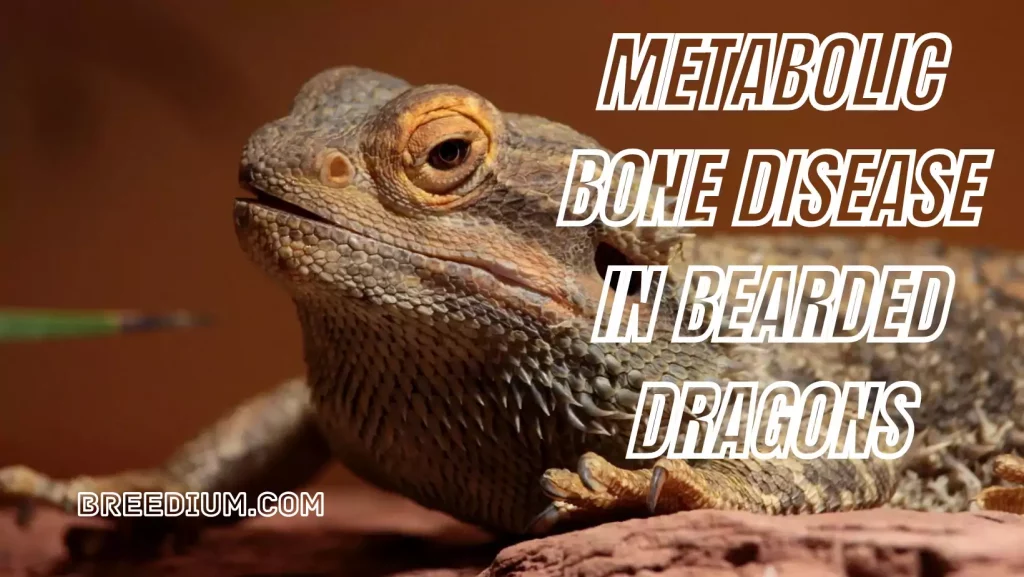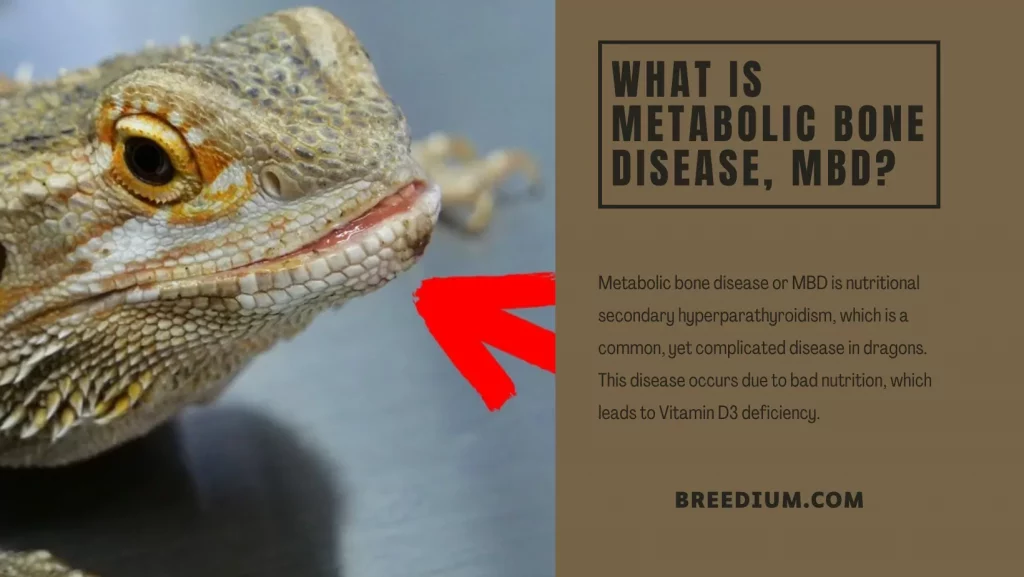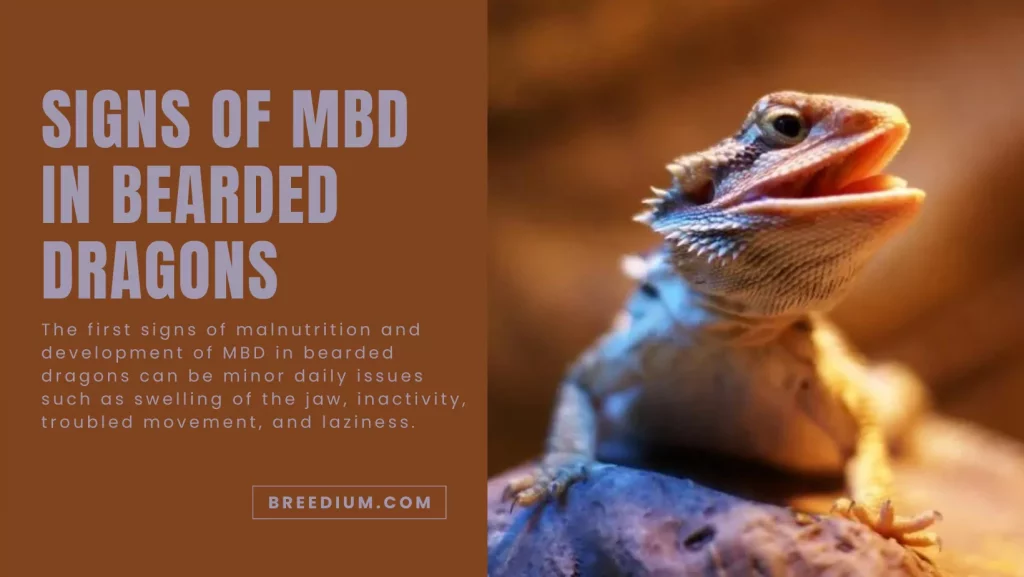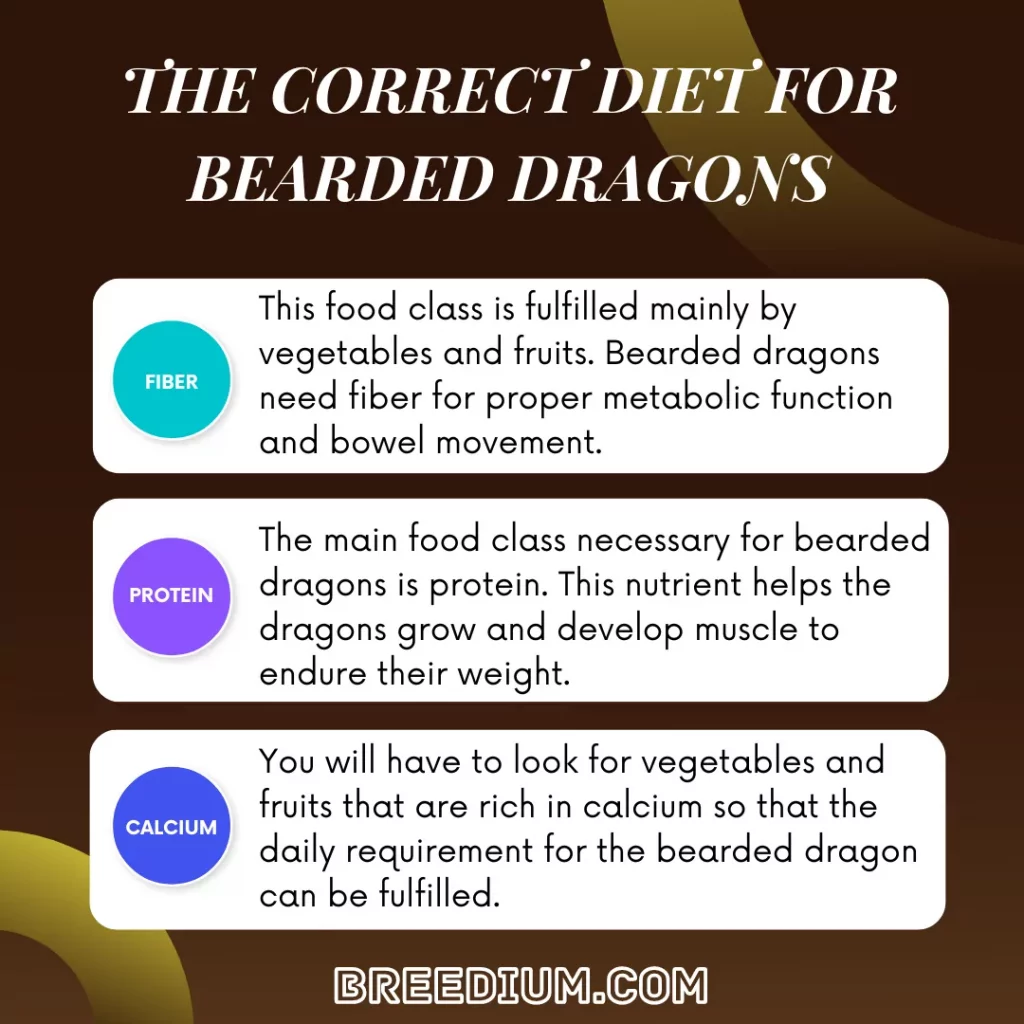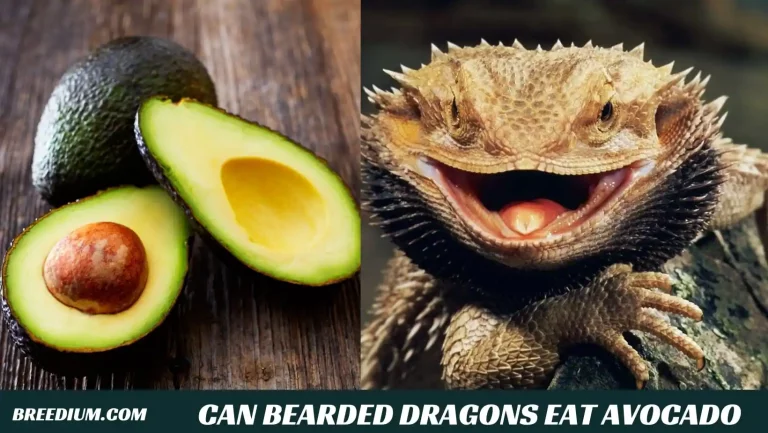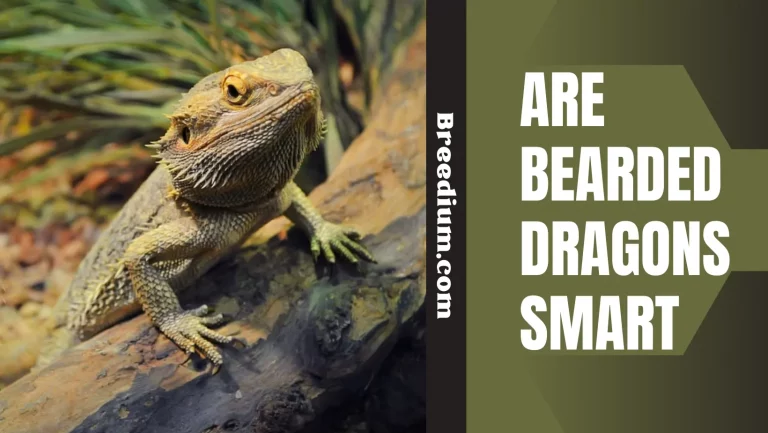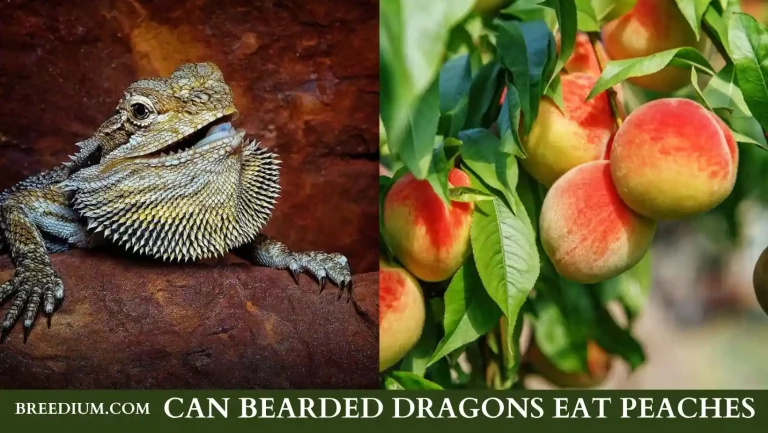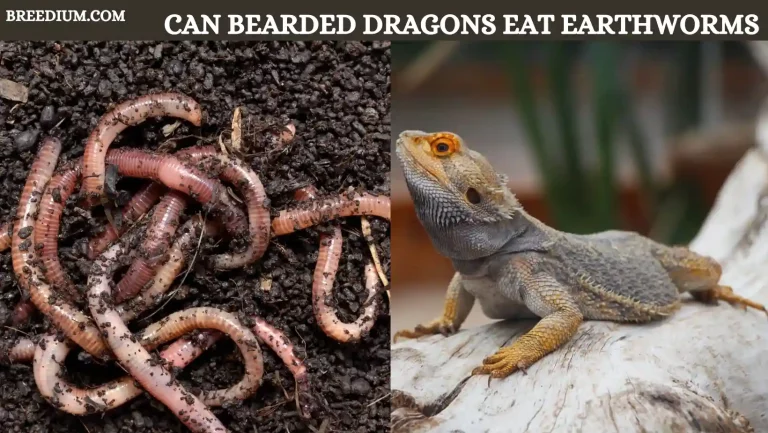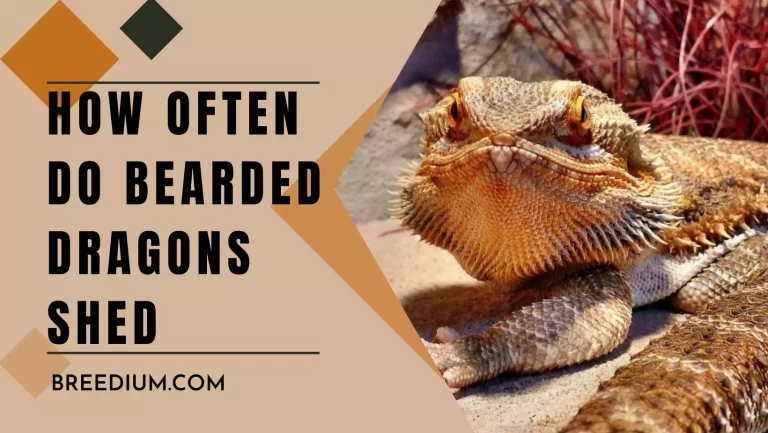Metabolic Bone Disease In Bearded Dragons | Causes And Care 2024
Bearded dragons are considered to be the best pet lizards and they are very docile, and domesticated reptilians that owners begin to love dearly. However, you have to be careful as metabolic bone disease in bearded dragons can become a worrisome situation if you do not keep their diet in check.
Pets need to be looked after well, and if you do not provide the right environment and diet, bearded dragons can develop this health condition which can be painful for them. Get to know how you can avoid this disease, and prevent your bearded dragon from a painful experience.
What Is Metabolic Bone Disease, Mbd
Metabolic bone disease or MBD is nutritional secondary hyperparathyroidism, which is a common, yet complicated disease in dragons. This disease occurs due to bad nutrition, which leads to Vitamin D3 deficiency. This deficiency can be due to a lack of a proper diet or lack of exposure to UVB light that helps produce this vitamin in bearded dragons.
Signs Of Mbd In Bearded Dragons
The first signs of malnutrition and development of MBD in bearded dragons can be minor daily issues such as swelling of the jaw, inactivity, troubled movement, and laziness. However, with time these symptoms get worse and the bearded dragon’s jaw becomes soft. The slow deterioration of the bone structure causes immobility and swelling of the hind limbs.
As the disease progresses, the bearded dragons cannot move due to the weakness of their bones, and the pain of moving also becomes intolerable. Eventually, the dragon will not be able to stand and will keep lying on the abdomen, until it gives up due to the total disintegration of bones. Also, check out other Bearded Dragon Diseases.
The Correct Diet For Bearded Dragons
Pet owners must know that their bearded dragon requires proper nutrition that they must be aware of too. The correct diet for a bearded dragon includes:
Fiber
This food class is fulfilled mainly by vegetables and fruits. Bearded dragons need fiber for proper metabolic function and bowel movement. Moreover, fiber helps regenerate body cells and that is essential for all living creatures.
Protein
The main food class necessary for bearded dragons is protein. This nutrient helps the dragons grow and develop muscle to endure their weight. The main source of protein for your pet dragon will be insects and vegetables.
Calcium
Here is a tricky one! We all know that the main source of calcium is dairy products. However, bearded dragons cannot digest dairy due to the presence of lactose, which needs special enzymes and hormones to digest them. Bearded dragons cannot digest lactose and therefore, dairy calcium intake is not possible. So then how will you feed your pet calcium? You will have to look for vegetables and fruits that are rich in calcium so that the daily requirement for the bearded dragon can be fulfilled.
The deficiency of calcium is critical for the development of MBD as the bones get weak and the calcium starts depleting as they age. If you want your bearded dragon to strive, look for proper nutrition foods and feed them regularly to ensure that they stay healthy. Also, read What Cant Bearded Dragons Eat?
Calcium To Phosphorus Ratio
Many fruits and vegetables are not balanced for bearded dragons. But what kind of balance are we talking about? The balance between calcium and phosphorus has to be in the ratio of 2:1 for bearded dragons. The best vegetables and fruits for your pet dragon are the ones that will give them twice the calcium than phosphorus.
If a veggie or fruit has calcium less than twice the amount of phosphorus, it means that it is not suitable. Phosphorus hinders the absorption of calcium. Since calcium is critical for bone health and growth, lack of absorption would mean that your pet will get the MBD and it will sadly be irreversible.
The Cure For Mbd
While MBD is a dangerous health condition for bearded dragons, you may help your pet recover if you discover the symptoms of this disease at an early stage. If you see your dragon lazy, swelling, and uncomfortable, take it to a vet. Get the proper diet prescription so that you can avoid low calcium intake.
Once the vet diagnoses MBD, they put the bearded dragon on calcium dosage and it is in the form of a drip to ensure that the full amount of daily required calcium enters the body and gradually fulfills the deficiency. Apart from the calcium drips, rehydration and Vitamin D3 dosage are also doubled so that the bearded dragon gets an ample amount of nutrients that are good for bone health.
The bearded dragons must remain under UVB lighting and must rest so that they can gain some calcium deposits and feel their bones strengthening. MBD can be a lethal disease as it makes bearded dragons immobile and that leads to further disintegration of the bones.
Conclusion
MBD or Metabolic Bone Disease is common in bearded dragons and is caused by malnutrition. Pet owners must ensure that their pet dragons are well-cared for and given foods rich in calcium and vitamins. Moreover, exposure to UVB light helps with Vitamin D production and that must be installed in the dragon’s tank.
When you want to see your pet healthy, it is best to care for its diet and ensure that it eats recommended and safe vegetables and fruits. The more you care for the dragon, the better it will be for its health. MBD can be a lethal disease and must be avoided. Also, check out Bearded Dragon Diseases to know more about all the diseases that can be dangerous for your beloved pet. Check out Bearded Dragon Stress Marks next.
Frequently Asked Questions
Will my dragon die if it has MBD?
If you are able to detect bone disintegration at an early stage, you may be able to save your dragon! Look for early signs such as a swollen jaw, or swollen hind legs. Moreover, if your dragon pet feels lazy, it is best to consult a vet to avoid any drastic situation.
Is MBD painful for bearded dragons?
Yes, bearded dragons feel pain due to MBD. When their limbs cannot support the weight of their bodies, or even when they have difficulty walking or even chewing, it hurts them.

Emma is a pet enthusiast, and her way with words makes her an expressive writer. Her interests lie in healthcare and planning nutrition for various pets. She has two girls, and she’s passing her passion to them through occasional volunteer projects in the small neighborhood zoo. Emma joined our team as an enthusiast and has added more years to her experience by researching more about various creatures!

